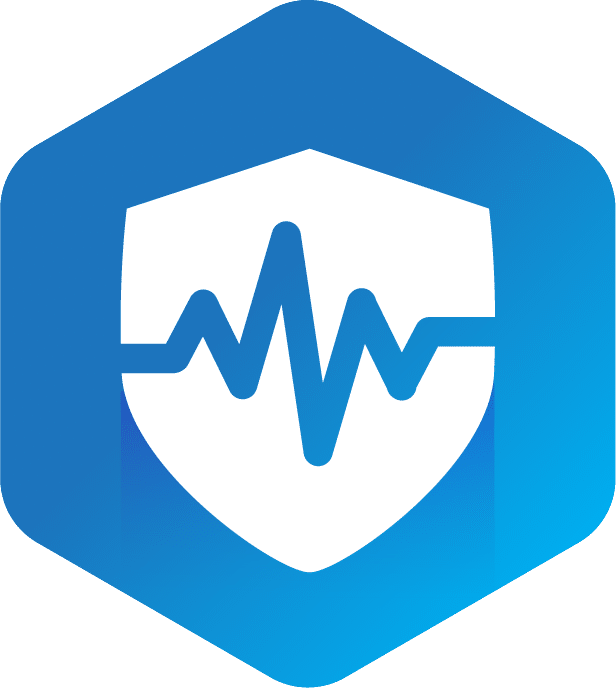Looking for a secure and reliable way to collect and manage data in compliance with HIPAA regulations? Look no further.
In this article, we’ll explore HIPAA and Google Sheets data collection, giving you valuable insights and practical tips to protect sensitive medical information.
At HIPAA Compliant Hosting, we understand the importance of data security in healthcare. Founded by Paul and Chrissi Stoute, our company specializes in healthcare data protection.
We’re here to be your partners in healthcare data security.
If you’re using Google Sheets for data collection, ensure HIPAA compliance by following these guidelines.
HIPAA compliance is crucial when handling protected health information (PHI), and using Google Sheets can present challenges. While Google Cloud offers a Business Associate Agreement (BAA) for HIPAA compliance, it’s important to understand the responsibilities and limitations.
First, assess if Google Sheets is an appropriate tool for storing and processing PHI. Limit the use of PHI to only what’s necessary and ensure data security measures are in place.
Implement access controls to restrict who can view and edit the sheets. Regularly review and update security settings to maintain compliance.
To ensure HIPAA compliance when using Google Sheets for data collection, it’s important to follow data collection best practices. Here are four key practices to keep in mind:
To ensure the security of sensitive information in Google Sheets, you need to implement robust security measures.
When it comes to HIPAA regulations and data collection, it’s crucial to take the necessary steps to protect patient data stored in Google Sheets. One important measure is to enable two-factor authentication to add an extra layer of security to your Google account. This will help prevent unauthorized access to your Sheets.
Additionally, regularly updating your Sheets and Google Cloud to the latest versions will ensure that any security vulnerabilities are patched.
It’s also recommended to restrict access to your Sheets by only granting permissions to authorized individuals.
When ensuring privacy in Google Sheets for HIPAA-compliant data collection, it’s essential to implement strong access controls and encryption measures. Here are four important steps you can take to ensure privacy in Google Sheets:
You can ensure HIPAA-compliant data management in Google Sheets by implementing robust security measures and following strict privacy protocols.
Google Sheets is a powerful tool for data collection and management, but it’s important to take steps to protect sensitive healthcare information.
Start by enabling two-factor authentication and regularly updating your password.
Limit access to the Google Sheets document to only authorized individuals and regularly review and revoke access as needed.
Use strong encryption methods to secure the data stored in Google Sheets.
It’s also essential to train your staff on HIPAA regulations and best practices for handling sensitive data.
Regularly monitor and audit the Google Sheets document to ensure compliance with HIPAA guidelines.
Here are the 6 most common questions about HIPAA and forms, along with detailed answers:
For a form to be HIPAA compliant, it means that it meets all the requirements outlined in the Health Insurance Portability and Accountability Act (HIPAA) to protect individuals’ Personally Identifiable Information (PHI). This includes implementing proper security measures, having a Business Associate Agreement (BAA) in place, and ensuring the confidentiality and privacy of PHI.
When using Google Workspace, such as Google Forms, Sheets, and Docs, you can ensure HIPAA compliance by signing a Business Associate Agreement (BAA) with Google. This agreement outlines the responsibilities of both parties in safeguarding PHI. Additionally, you can make use of the built-in security features provided by Google Workspace, such as access controls and encryption.
PHI stands for Protected Health Information and refers to any individually identifiable health information that is collected, stored, transmitted, or maintained by a Covered Entity or Business Associate, as defined by HIPAA. Ensuring the protection of PHI is a key aspect of HIPAA compliance.
A Business Associate Agreement (BAA) is a legal contract between a Covered Entity and a Business Associate. It outlines the responsibilities of the Business Associate in protecting PHI and ensuring HIPAA compliance. It is important as it establishes the terms and conditions of the relationship and helps to ensure that appropriate safeguards are in place when PHI is shared with the Business Associate.
To implement HIPAA security measures for forms, you should ensure that appropriate access controls and encryption are in place. With Google Workspace, you can utilize the built-in security features such as two-factor authentication, data encryption, and access control settings to protect forms and the PHI stored within them.
Yes, Google offers HIPAA compliance for certain services within Google Cloud, including Google Forms, Sheets, Docs, and Drive. By signing a Business Associate Agreement (BAA) with Google and following their HIPAA implementation guide, you can use these applications in a HIPAA compliant manner.
In conclusion, when it comes to HIPAA compliance and data collection on Google Sheets, it’s essential to prioritize security measures and privacy. By following best practices and implementing the necessary safeguards, healthcare professionals can ensure the protection of sensitive medical information.
HIPAA Compliant Hosting is dedicated to providing reliable and secure hosting services that comply with HIPAA regulations, supporting healthcare professionals in their data security efforts.
Trust and security are crucial in the digital healthcare environment, and Google Sheets can be utilized effectively with the right precautions.

